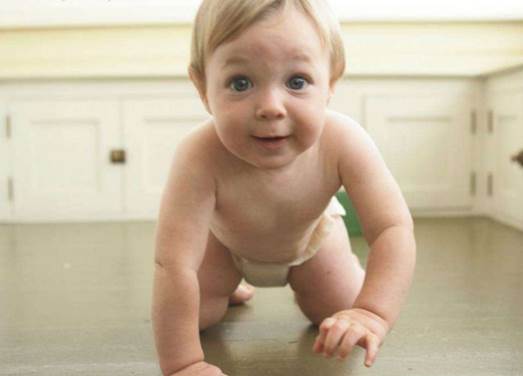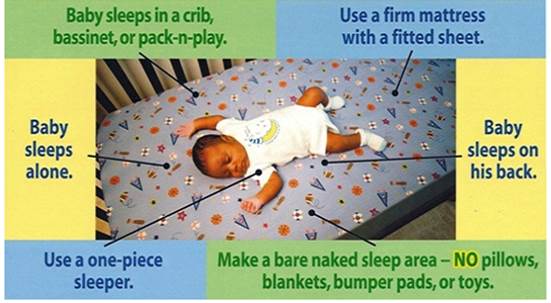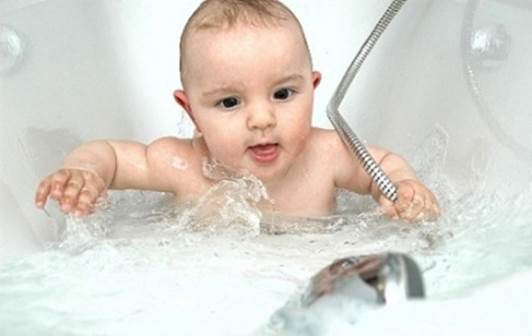Creating a secure environment for
your baby requires extra due diligence
When it comes to baby proofing, you've
thought of every- thing, right? {Outlet covers? Check. Safety gates? Of
course.) But according to the U.S. Centers for Disease Control, accidental
death rates dropped among all age groups in 2009, the latest year for which
data is avail- able-except among babies younger than 1 year. Below are the
leading causes of accidental death for babies, in order, along with advice to
keep your child out of harm's way.

Creating
a secure environment for your baby requires extra due diligence
1.
Suffocation
More than 900 babies younger than 12 months
died in 2009 from suffocation. Stay-safe tips: Remember the ABCs of safe sleep,
says Kate Carr, president and CEO of Safe Kids Worldwide, a nonprofit group
based in Washington, D.C.: Babies should sleep “A-Alone,” without blankets,
bumpers or pillows; “B-on their backs” and “C-in a crib.”

Remember
the ABCs of safe sleep
2.
Motor vehicle accidents
In a 2012 survey from AAA, three-quarters
of Child Passenger Safety (CPS) technicians reported that parents misuse the
LATCH system-designed to make car-seat installation simpler- more than half of
the time. Stay-safe tips: It's essential that the base of the seat not move
more than 1 inch in any direction. Have your work checked for free and glean
tips from local pros at SeatCheck (seatcheck.org).
3.
Drowning
An inch of water can be as dangerous to an
infant as an 8-foot pool," says Carr. Stay-safe tips: Never leave your
child alone in a bathroom, tub or around water. Get in the habit of emptying
buckets or basins of water immediately after use.

Never
leave your child alone in a bathroom, tub or around water
4.
Burn/fire
Scalds from hot liquids and steam are often
overlooked as a baby hazard. Stay-safe tips: Enjoy coffee or tea in a travel
mug with a lid and don't carry your child while cooking. Be sure to change the
batteries in smoke alarms twice a year.
5.
Poisoning
Infant deaths from poisonings are rising.
In addition to cleaning supplies, keep your medications stored up and away,
says Carr. And follow your pediatrician's dosing advice strictly when giving
your baby medicine.